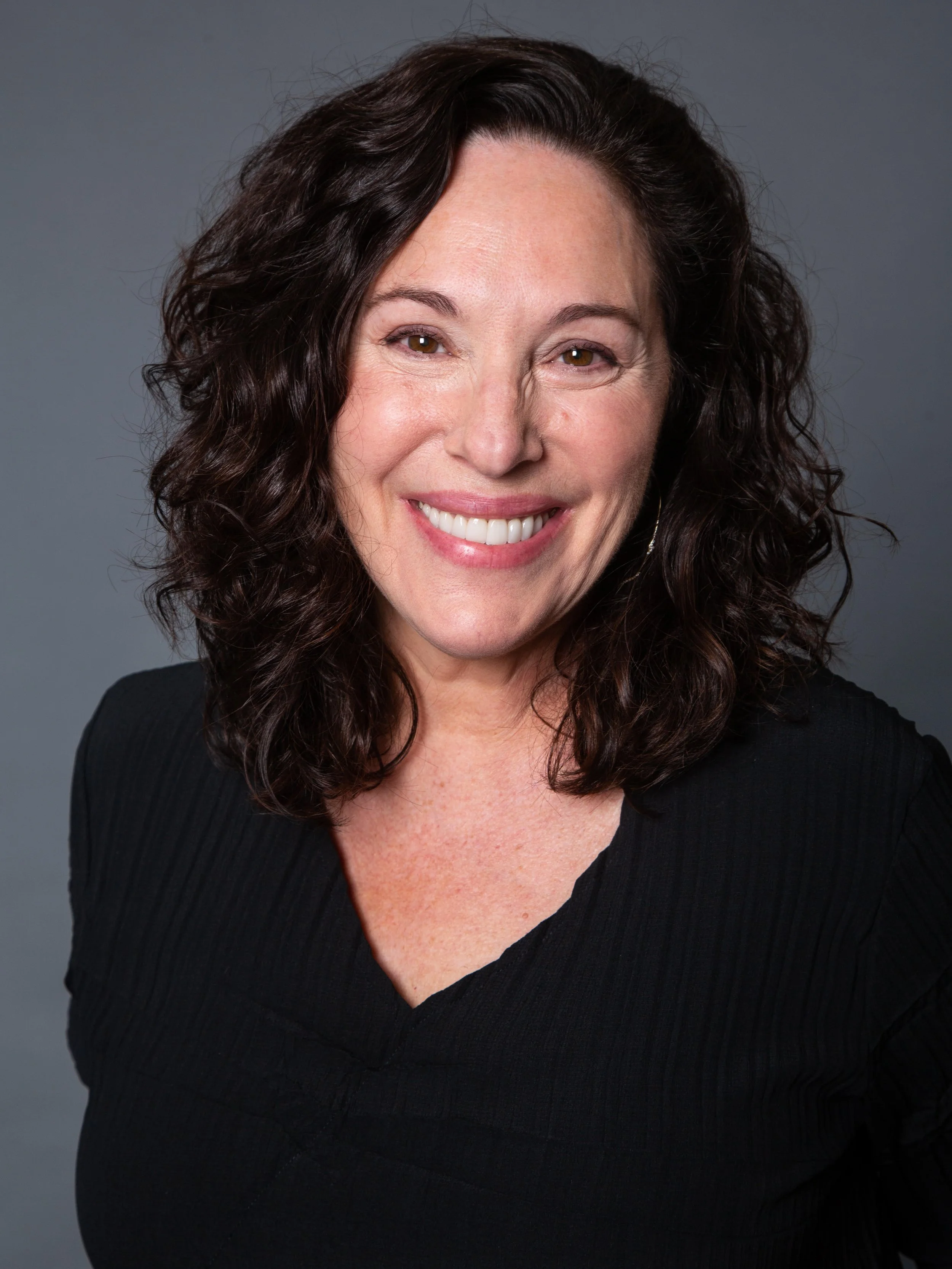Red flags and Warning Signs
It’s hard to determine whether a loved one is suffering from an eating disorder or not. The good thing is, that there are eating disorder red flags that you can look out for that can help you know when to start a conversation. In this episode, I talk about eating disorder red flags and warning signs. If you see someone you love who might be experiencing any of these, you can go way back to episode 9 about what the heck to do. Spoiler: unconditional support and love go a long way.
Keep in mind that you can also look out for these warning signs in yourself. If you notice yourself ticking most of these off and saying “yep, yep, yep”, perhaps it’s time for you to get support for yourself.
Also keep in mind that even if you or your loved one doesn’t “meet the criteria” for an eating disorder, it doesn’t mean you don’t get help. The earlier you see a therapist or dietitian, the better. The more support you get, the better. Trust me, it’ll never be an opportune time. Do it now.
Listen to the Episode Now
Show Notes
[00:01- 00:44] Introductions
[00:45-03:00] A Background on How I Conceptualize Eating Disorders or Disordered Eating
Seeing it beyond the spectrum of black and white.
Take my professional opinion with a grain of salt.
The need for support for anyone struggling with disordered eating or eating disorders
[03:01-04:33] It’s Okay If You Don’t Agree with Me - Here’s Why
The importance of understanding yourself and your tendencies before identifying yourself as someone who suffers from an eating disorder or disordered eating.
[04:34-15:14] Eating Disorder Red Flags You Need to Watch Out For
Shifts and emphasis on food, nutrition, or weight talk about a person’s life.
Negative self-talk about body image.
Overworking or excessive exercise/movement.
Constant body-checking (whether the tummy looks flat, etc.).
Emotionally-withdrawn.
Avoids eating out in public.
Skipping snacks and meals.
Significant weight loss or weight gain.
Feeling shameful or hiding food.
Constantly running to the bathroom after eating.
Irregular menstruation flow.
[15:15-15:40] Closing Segments
Tweetable Quotes
“If it’s not a problem for you, and you’re doing everything fine, then, I’m not saying anything about it. You do you.” - Rachelle Heinemann
More From Rachelle
Hey there! I’m Rachelle, the host of the Understanding Disordered Eating Podcast. As a Licensed Mental Health Counselor, I work with clients to make sense of life’s messy emotional experiences.
I believe in the power of deep work and its positive impact on your life in the long term. Learn more about how we can work together here.
Sign up for my weekly newsletter for even more!
You can connect with me on Instagram, through my website or email me directly clicking the links below.
Subscribe & Leave A Review!
If you enjoyed this episode, you can show your support by leaving a review, subscribing, or sharing with someone who may need help. Click here to open this show in iTunes and leave a five star rating and review.
More Episodes








